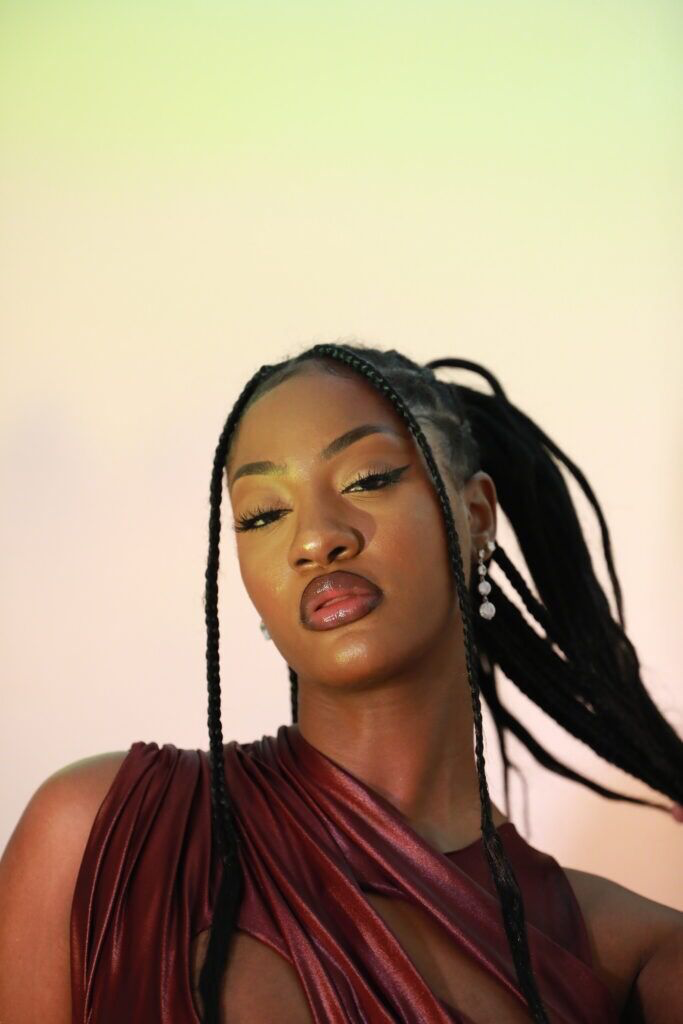The Afrobeats scene continues to dominate global music charts, and women are making notable contributions as songwriters and producers, despite the male-dominated narrative in these fields. Their roles are pivotal in shaping the genre’s sound and inspiring upcoming talents.
Women Songwriters in Afrobeats
• Simi (Simisola Kosoko):
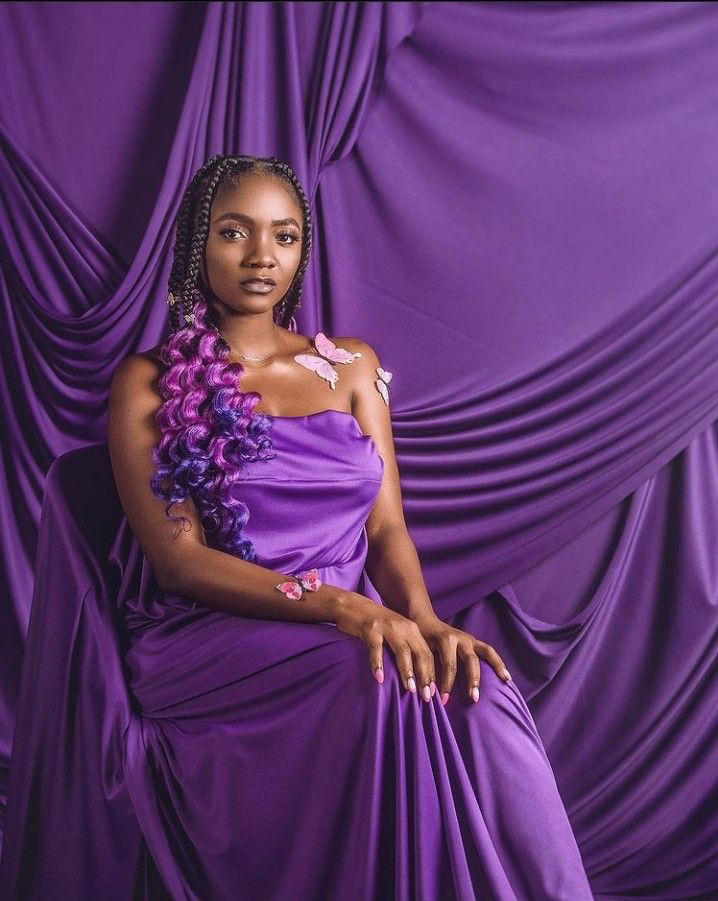
A trailblazing singer-songwriter and producer, Simi has written for herself and other artists. Known for her poetic lyricism and storytelling, she blends Afrobeats, highlife, and soul in her songs. Simi has also contributed to nurturing emerging artists through her platform, Studio Brat, providing mentorship to the next generation of songwriters.
• Tems (Temilade Openiyi):
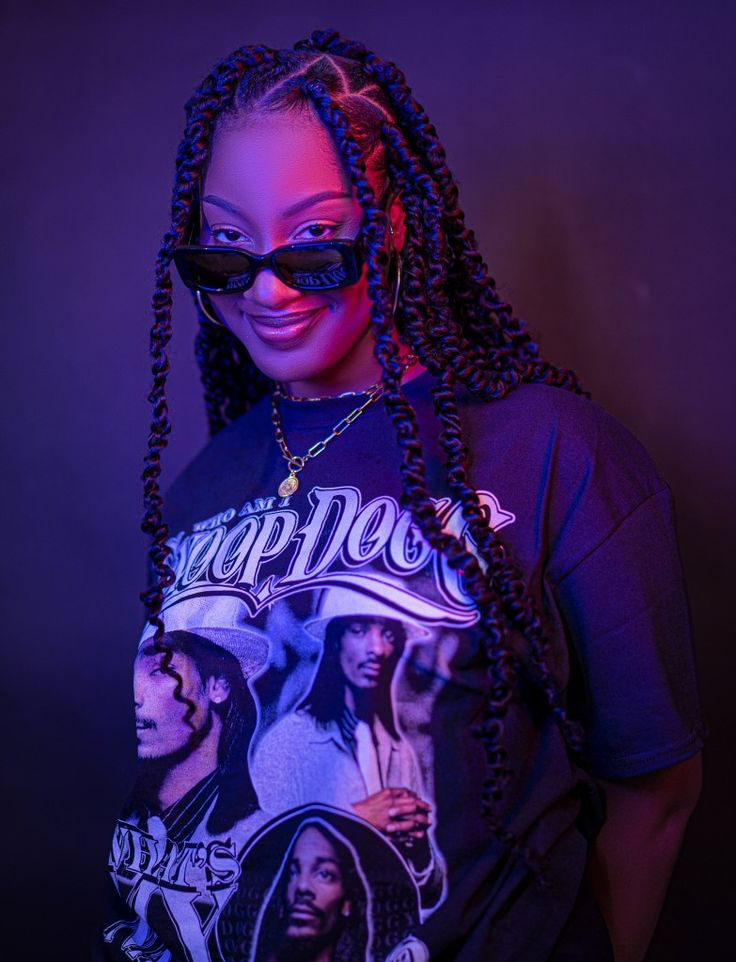
Besides her global recognition as a singer, Tems is a highly respected songwriter. She has penned songs for global artists like Rihanna (“Lift Me Up”) while maintaining her signature introspective and emotive style. Tems represents a new wave of women redefining the songwriting landscape in Afrobeats.
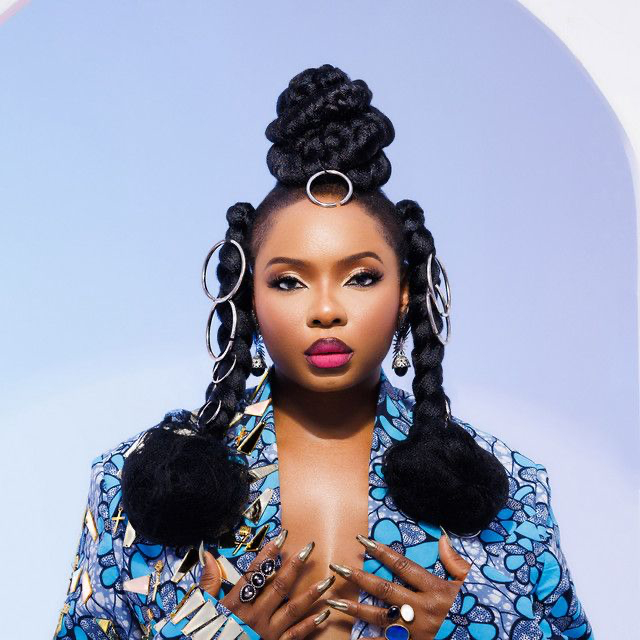
- • Yemi Alade: A prominent Nigerian singer and songwriter, Yemi Alade’s music blends Afropop, highlife, dancehall, pop, and R&B. She sings in multiple languages, including English, Igbo, Yoruba, French, Swahili, and Portuguese, reflecting her versatility and broad appeal. Her song “Tomorrow,” the lead single from her sixth studio album “Rebel Queen,” earned her a Grammy nomination for Best African Music Performance in 2024.
Women Producers in Afrobeats
• Dunnie:
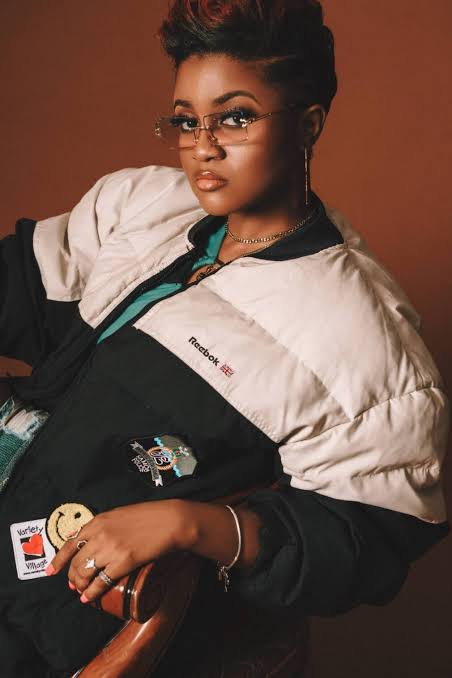
A multi-talented Nigerian producer and artist, Dunnie is among the few women breaking barriers in music production. She has produced for notable artists like Busiswaa and has earned recognition for her unique approach to blending traditional African sounds with contemporary music styles.
• DJ Cuppy (Florence Ifeoluwa Otedola)
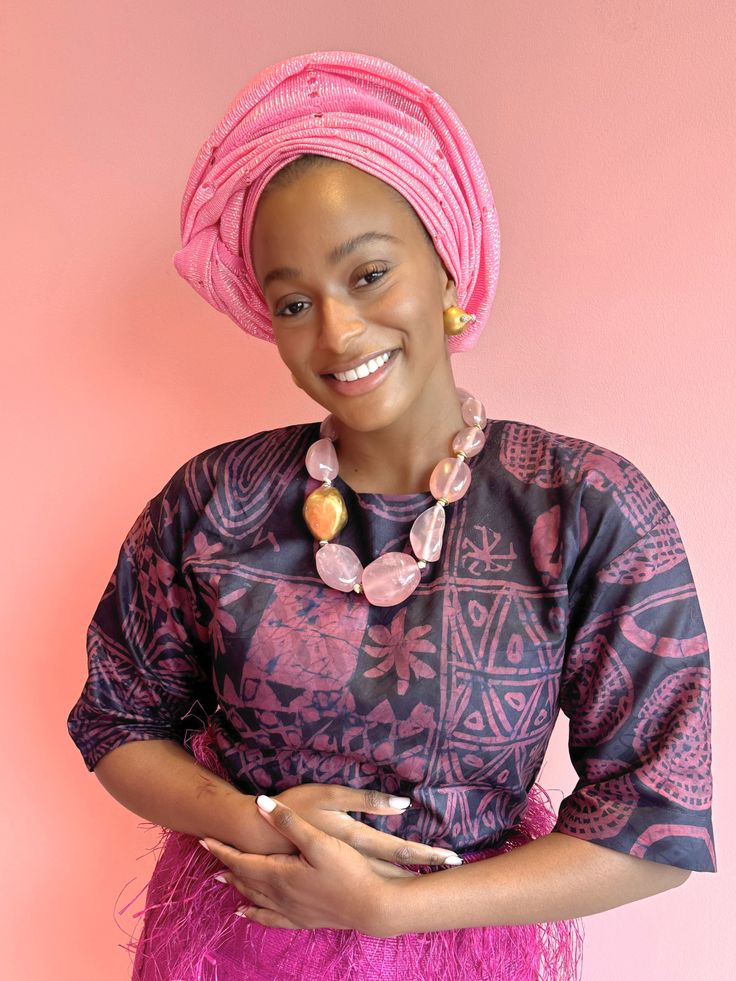
A prominent Nigerian DJ, record producer, and songwriter, DJ Cuppy has been influential in promoting Afrobeats globally. She has released numerous tracks and mixtapes, showcasing her versatility and commitment to the genre.
Despite these successes, women producers and songwriters in Afrobeats face challenges, including limited opportunities, underrepresentation, and industry bias. Yet, these songwriters and producers are breaking through these barriers, proving that their talent and contributions are invaluable to the genre’s growth.


